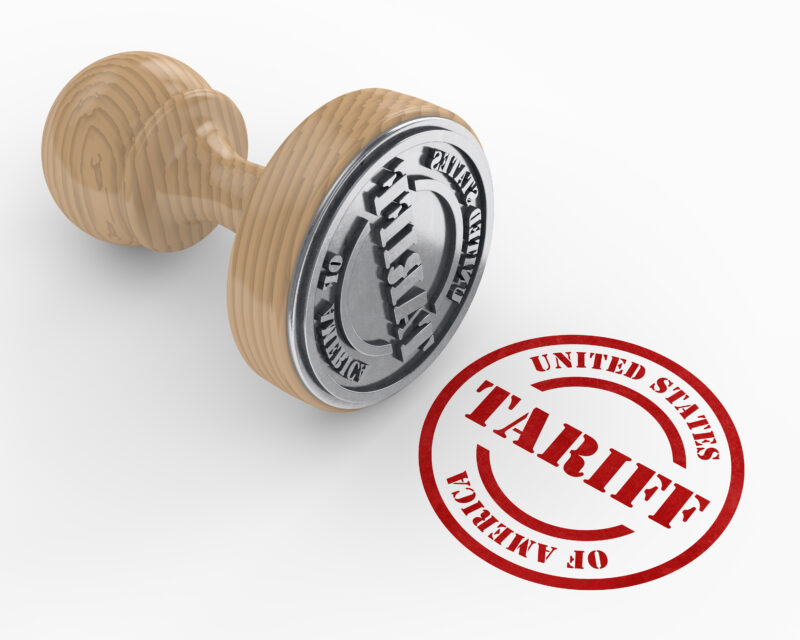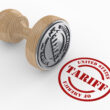A 25 percent tariff being applied to imported auto parts is set to go into effect May 3.
A recent study from the Center for Automotive Research estimated the impact to the automotive industry of the auto parts tariffs and the current 25 percent tariff on imported vehicles to be more than $100 billion.
As the date nears for the auto parts tariffs to start, several members of the auto industry have reached out to the administration. A letter from the Alliance for Automotive Innovation, American Automotive Policy Council, American International Automobile Dealers Association, MEMA, The Vehicle Suppliers Association, Autos Drive America and National Automobile Dealers Association to the U.S. Department of Treasury, U.S. Department of Commerce and the U.S. Trade Representative Jamieson Greer voiced concern on the potential harmful impact of the tariffs on the industry.
“Tariffs on auto parts will scramble the global automotive supply chain and set off a domino effect that will lead to higher auto prices for consumers, lower sales at dealerships and will make servicing and repairing vehicles both more expensive and less predictable. Most auto suppliers are not capitalized for an abrupt tariff-induced disruption. Many are already in distress and will face production stoppages, layoffs and bankruptcy. It only takes the failure of one supplier to lead to a shutdown of an automaker’s production line. When this happens, as it did during the pandemic, all suppliers are impacted, and workers will lose their jobs,” the letter read.
During a press briefing last week, President Donald Trump suggested pausing the 25 percent tariff on imported vehicles and the tariff on auto parts, which is set to go into effect May 3.
“I’m looking at something to help some of the car companies, switching to parts that were made in Canada, Mexico and other places. They need a little bit of time cause they are going to make them here,” Trump said in the video shared by the Associated Press.
He did not expand on the plans and the White House has not released any additional information.
The tariffs on auto parts are expected to raise prices in the used vehicle market. The list of parts impacted was recently published in Annex I of the Federal Register Notice. The parts on the list include hoses, tires, suspension, lights, body parts, transmission, engine components and more, based on the Harmonized Tariff Schedule of the United States (HTSUS) numbers included in the order on pages 11 and 12.
NIADA continues to monitor developments on the tariffs and asks members to be ready to take action when needed.










